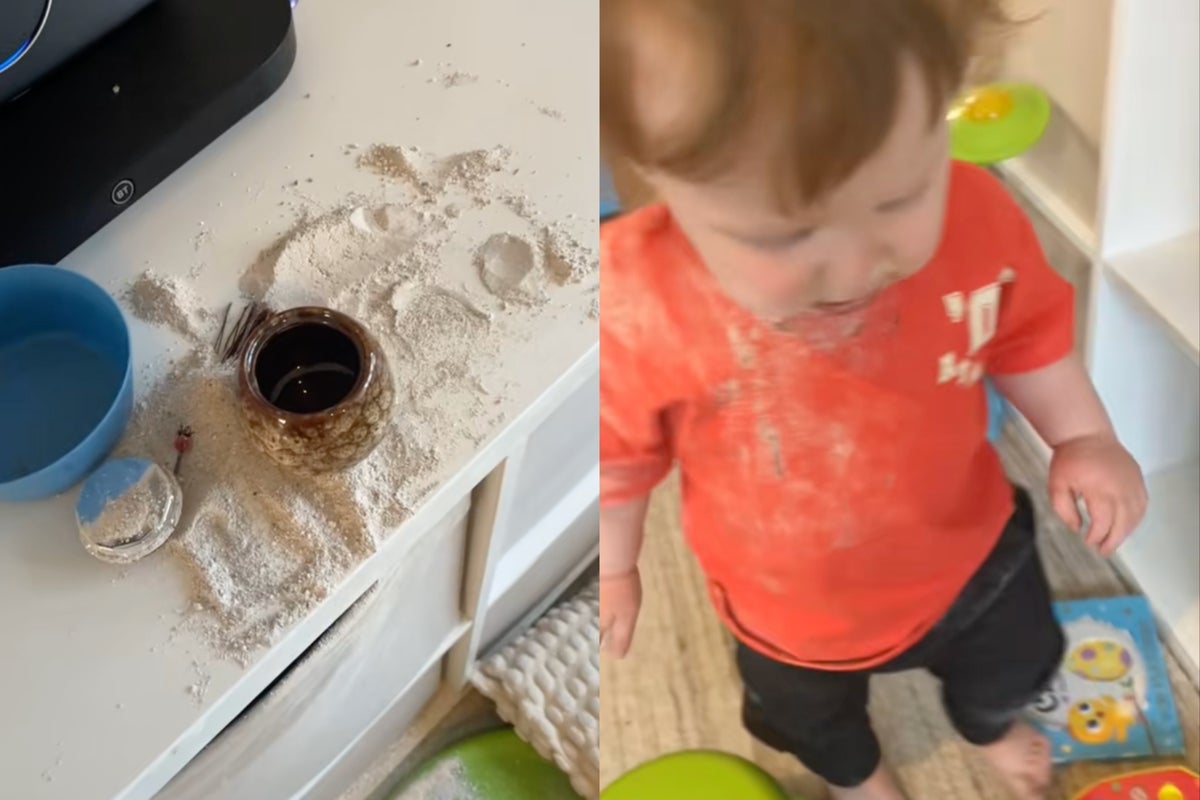
Pune makeup artist faces backlash over viral video on faking accident scars for work excuses – The Times of India
A viral video shared by a Pune-based makeup artist, Pritam Juzar Kothawala, has sparked a fierce debate online after she demonstrated how to fake accident scars as a way to get work excuses. The video, intended as a light-hearted skit, has been met with widespread criticism, with many accusing her of encouraging unethical behaviour in the workplace.

Kothawala posted the video on her Instagram account, describing it as harmless entertainment, specifically targeting IT professionals who she claimed struggle to secure time off from work. In the first video, she showcased a step-by-step process for creating realistic-looking scars, humorously suggesting that “IT managers are advised not to watch this.” The caption emphasized that the content was not meant to be taken seriously and was solely for fun. In the video, Kothawala openly encouraged viewers to share the post, humorously suggesting they keep it hidden from their bosses.
“Here’s a little trick for all those IT professionals who need a break but can’t get leave,” Kothawala said in the video, further cementing the notion that the tutorial was designed for entertainment. However, as the video quickly gained traction and went viral, some viewers began to raise questions about the ethics behind her suggestion.

As the debate escalated, viewers began asking how they could maintain the illusion of the fake scars once they returned to work. In response, Kothawala posted a follow-up video, offering a “solution” to keep the charade going. In this video, she demonstrated how to reapply the makeup to refresh the fake injuries, jokingly referring to it as a “jugaad” (hack) for when the leave period was over.
Despite Kothawala’s insistence that the videos were purely for fun, the backlash was swift and intense. Many social media users criticized her for promoting dishonesty and irresponsibility, particularly in a professional setting. Some called the content unethical, with one user commenting, “Sorry but not funny. This is so cheap and unethical.” Another user wrote, “This is not funny at all. It sets a dangerous precedent, encouraging dishonesty in the workplace.” A third user expressed concern, stating, “This is a disgraceful attempt to undermine trust between employees and employers.”
While Kothawala’s intention was to entertain, the videos have sparked an ongoing conversation about the potential consequences of promoting behaviour that undermines workplace ethics. The debate continues to highlight the fine line between humour and responsibility, especially in the digital age, where content can easily influence public perception and behaviour.










